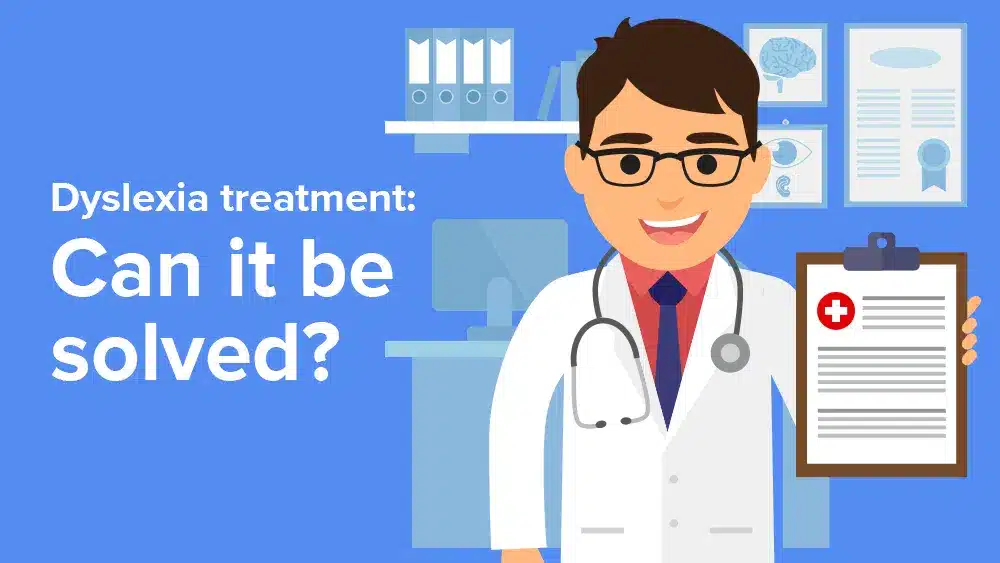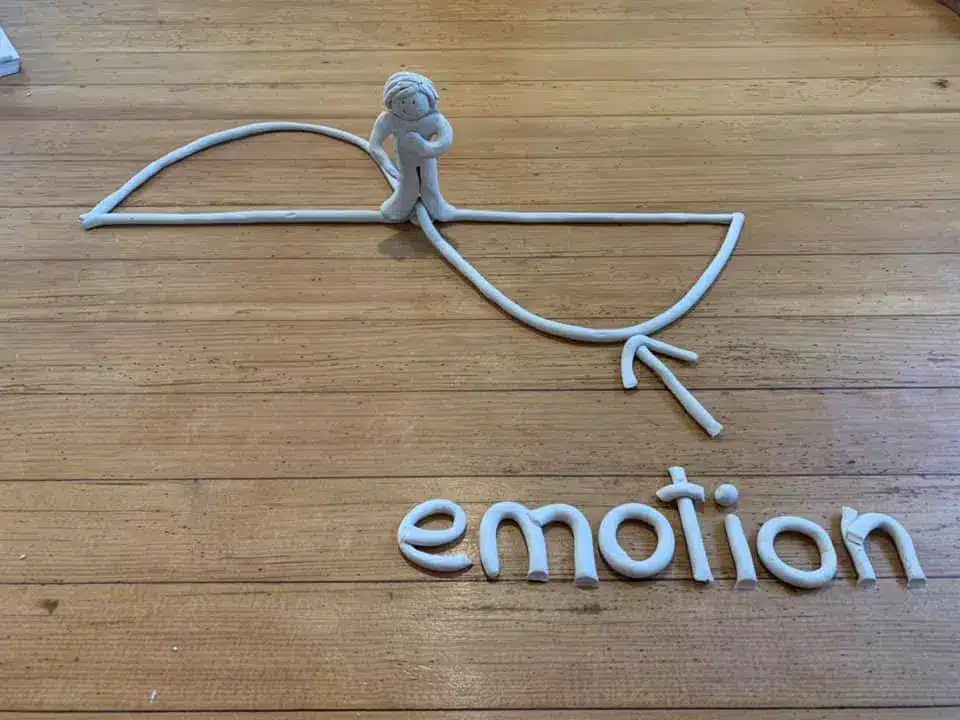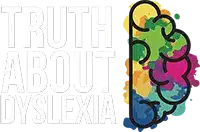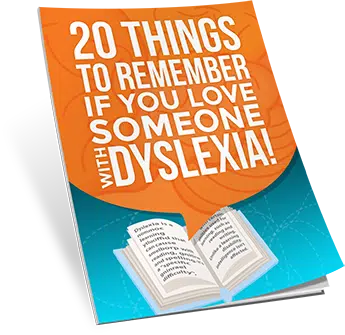
How do you treat dyslexia?
Will it ever go away?
What can I do about it?
With so many adults being diagnosed with Dyslexia later in life, or even as a teenager. The first thing they want to know is what does this mean ? What do I do now ? How do I sort this thing out, right.
Is there a pill or some sort of new age woo-woo technique that will help.
Having been diagnosed myself at 10 and Vanessa (the other founder) in her 40’s we have different perspectives on how finding out effects you.
But that a whole other blog post!.
No matter the case – Everyone is looking to know what to do next.
When a newly aware dyslexic speaks to us we talk about the solution being 2 fold.
The first step is Awareness.
Dyslexia is such a big term and means so much, many don’t actually understand how it affects a person.
For so many years it has been touted as a reading, writing and math challenge that makes people slow at these things.
It’s like reading a Superman comic book – the only weakness they talk about is kryptonite.
But Dyslexia is all about how your brain processes, finds and learns information and perceives the world around you.
A dyslexic is no better or worse than an ‘average nuero-typical person’. It is like a PC and Mac both do the same thing – just in a very different way.
But if you have never used a Mac before and your only experience have only been taught seeing a PC manual it can be quite a turn of events when you start.
So becoming aware is your key first step.
Listen to Podcasts like ours (Itunes/Spotify/Anchor), Watch videos on Youtube, Listen to or read books (if you enjoy them).
Take time to understand the challenges that are facing you before you aim at what to try and solve first.
Many dyslexics throughout their lives have been amazing problem solvers. As a problem arises ( you may not have labelled it as a symptom of Dyslexia at the time) appears. We find a way to mitigate or solve it.
Technology has been a huge factor in helping dyslexics achieve in education, work and life and is a great benefit to us all.
We have also found ways to learn. My father learned Phonetics at school which helped him learn complex words. He realised it worked for him and used it to survive what was a hard experience.
As you learn more about Dyslexia you are going to find that some of the solutions you have in place are serving you well, where others are like bandages that only hold a wound in place, they don’t heal it and some may even pick the scab of that wound and make it worse.
When it comes to Dyslexia Treatments or Solutions you have a few ports of call.
A Davis Dyslexia programme (which Vanessa Victor, one of our founders is a practitioner of) was remarkably helpful for me.
I completed a course called Life Concepts . Helping take non picture words/phrases like Cause & Effect, Relationship, Want, Need, Authority and actually helped me create pictures, knowledge, wisdom and understanding about what they mean. Time was another good one we worked on.
Using Clay like the photo below we took our time to work through a greater understanding of these terms that affect so much in our lives, and create structures for working through the challenges that appear.
Some of the words at first seemed – to be honest – Stupid. But as we worked through the programme, it became clear on what I was missing. It was like files that were missing in my head were filled in – helping me function better.

With my dyslexia math was never a problem and I used technology to help counteract spelling.
There are many treatments available and I suggest getting clear on your own specific challenges and then seeking out dyslexics who have also experienced them. You can do this in the Adult Dyslexia Secrets group we setup here.
It is a safe private community for dyslexics on Facebook.

